ICYMI: the week's 7 biggest tech stories, from Apple's Journal app to Galaxy Book 4
Missed the week's big tech news? Here's your firmware update
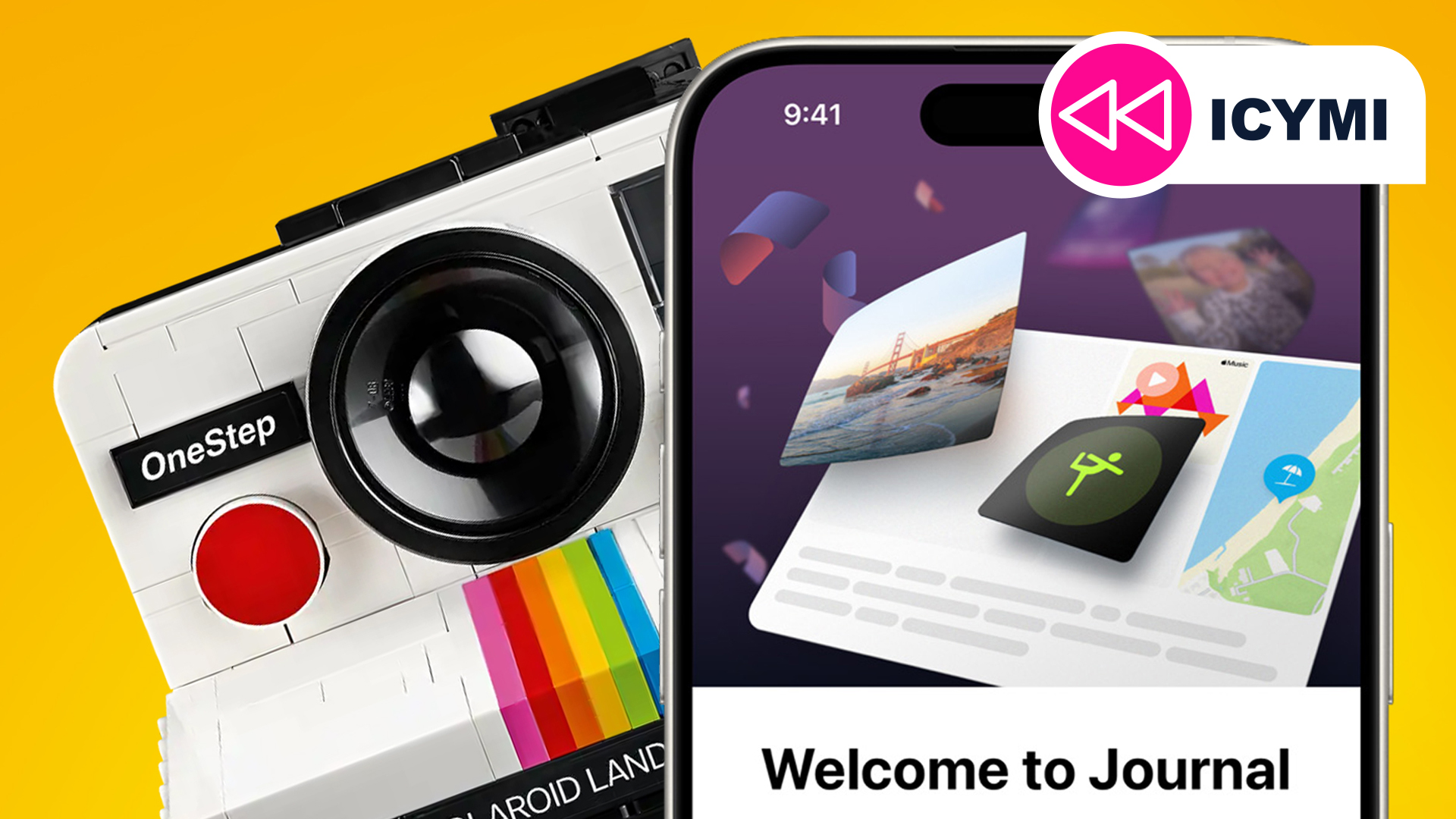
We get it, you've been busy – frantically searching for some last-minute headphone gifts or re-watching Netflix's Rebel Moon trailer ahead of your holiday TV marathon. There are lots of very good reasons why you missed all of this week's tech news, but luckily we're here to hand you a glass of mulled wine and fill you in.
Surprisingly, given that 2023 is very much winding down, this week gave us another generous Christmas stocking full of news, from the arrival of iOS 17.2 – which finally gave iPhone owners the Apple Journal app, in the US at least – to two new retro Lego cameras.
Elsewhere, the Samsung Galaxy Book 4 series revealed their specs ahead of a global launch next year, and Google revealed all of the top things we've been searching for in 2023 (with the condiments category being particularly hard-fought). So before you head to Amazon to pick up that bargain waffle maker for Santa, here are all of the top tech stories from one of the final weeks of 2023...
7. iOS 17.2 finally delivered the Journal app and more
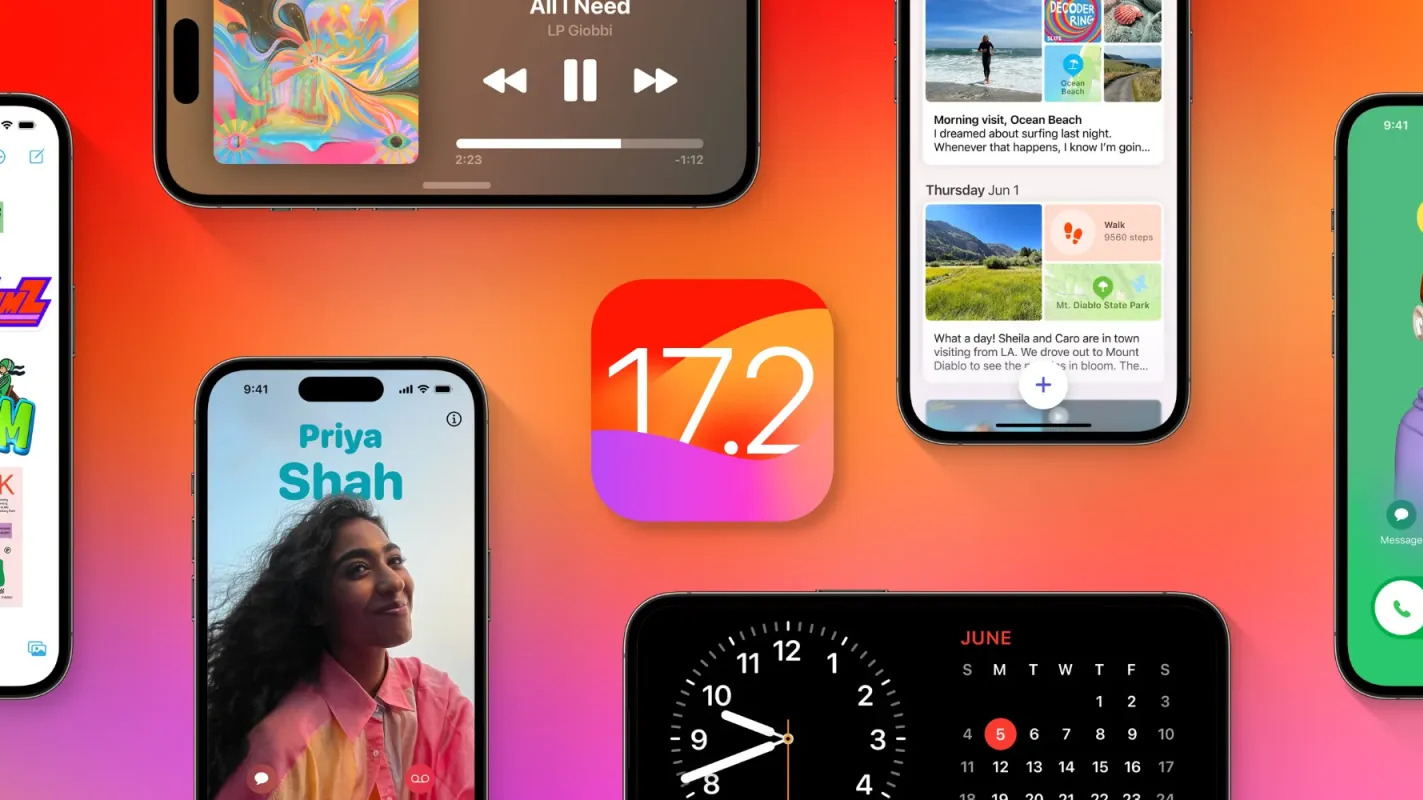
iOS 17.2 rolled out this week, with a brand new iPhone app, Journal, chief among the incoming features. Journal lets you record your everyday thoughts as text, photos, videos, or even audio in a dedicated space and uses on-device machine learning (yep, more AI) to help you come up with ideas. For iPhone 15 Pro and iPhone 15 Pro Max users, specifically, iOS 17.2 also adds a new action button function, Translate, as well as the ability to record 3D spatial videos in preparation for Apple’s upcoming Vision Pro headset.
We also heard about an exciting iOS 17.3 beta feature this week: Stolen Device Protection. Essentially, this new security feature acts as a last line of defense against thieves who’ve gained access to your iPhone passcode by requiring biometric authentication for certain important actions like viewing passwords, disabling Lost Mode, and erasing content. Here’s hoping it becomes a permanent fixture of Apple’s next iterative iOS update.
6. Lego's retro cameras got us looking forward to January
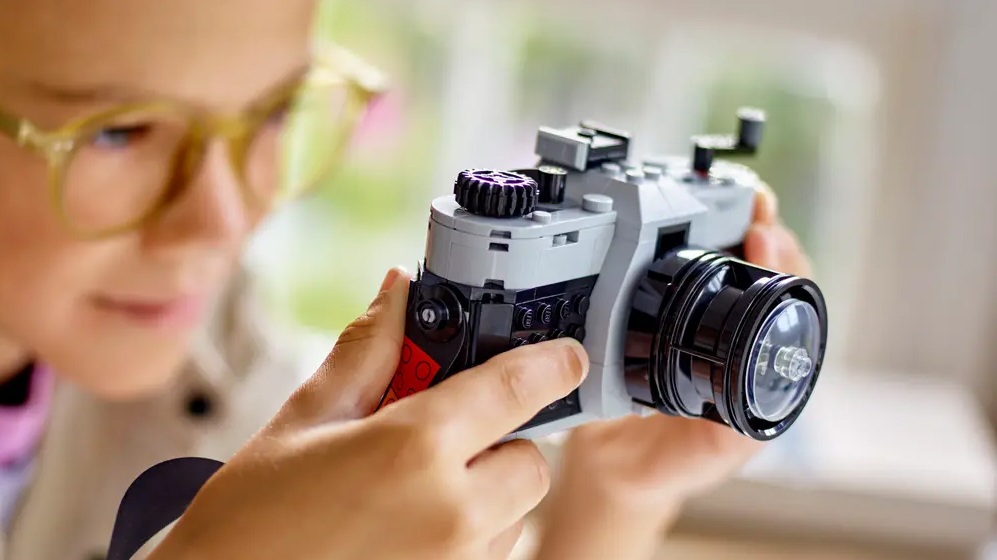
We're big fans of both cameras and Lego, which means this was our lucky week. Not one, but two, camera-themed Lego sets were announced for early 2024, and we're struggling to decide which one is our favorite. Most likely, we'll have to get both.
The Retro Camera 3-in-1 creator set is a low-cost SLR build ($20 / £17.99 on the Lego website) with charming flourishes like a working film wind handle and rear film door, hitting the shelves on new year's day. On the same day, the Polaroid SX-70 One Step Lego set will arrive to help us through the month. That's our January sorted thanks, Lego.
Sign up for breaking news, reviews, opinion, top tech deals, and more.
5. Wi-Fi 7 edged closer to delivering its next-gen speeds

Still find yourself frustrated with sluggish Wi-Fi speeds? Well, the good news is that this week we learned that (yet another) update to the Wi-Fi standard is going to be finalized in early 2024.
Yes, Wi-Fi 7 is landing soon to deliver a speed boost over Wi-Fi 6E – even if your existing kit probably won't be able to take advantage of it. Only a handful of phones and laptops currently support Wi-Fi 7, but this news means that next year those numbers will start to grow rapidly – and could finally deliver the stable, speedy Wi-Fi network you've been craving.
4. Microsoft's Copilot AI smarts came to Windows 10

Well, Microsoft's changed its tune about Windows 10 – after initially suggesting that the OS would get no major new features from here, it's now started rolling out Copilot AI (previously a Windows 11 exclusive), for a lucky minority of users.
If you don't see the Copilot icon on your desktop yet, Microsoft did note this week that it'll be rolled out more broadly in the coming months. Given that Copilot AI is currently a glorified version of the Bing chatbot, it's not a massive upgrade to Windows 10 – but those features are likely to improve during the great AI arms race of 2024.
- Read more: Microsoft introduces Copilot AI to Windows 10 – but there are reasons you might not get it
3. Apple pulled the plug on Android's latest iMessage fix
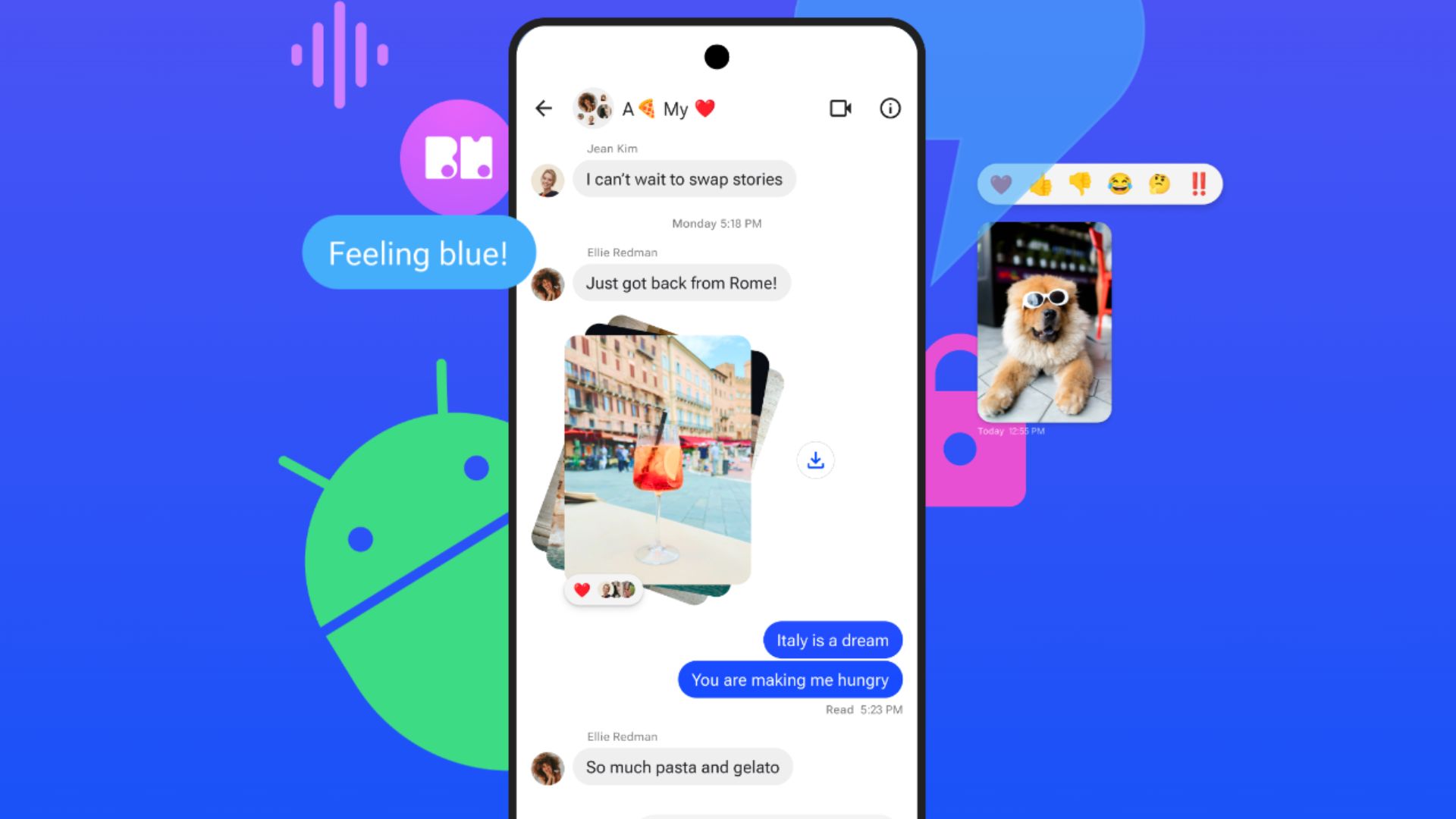
Android has been enjoying a game of cat-and-mouse with Apple over iMessage this month, with its latest bold contender – Beeper Mini – announcing that it had brought full iMessage functionality to platform. Well, that didn't last long, because this week Apple blocked the app, citing "significant risks to user security and privacy".
Beeper stated that it would "keep it working" but that currently doesn't seem to be going well, as it's now claiming that Apple is deliberately blocking iMessages to some of its users. Based on this week's evidence, it looks like Beeper Mini and its ilk are doomed to at the very least offering a fractured iMessage experience on Android – which is likely just how Apple wants it, despite it recently extending the olive branch of RCS support next year.
2. Samsung's Galaxy Book 4 series landed to take on the MacBook
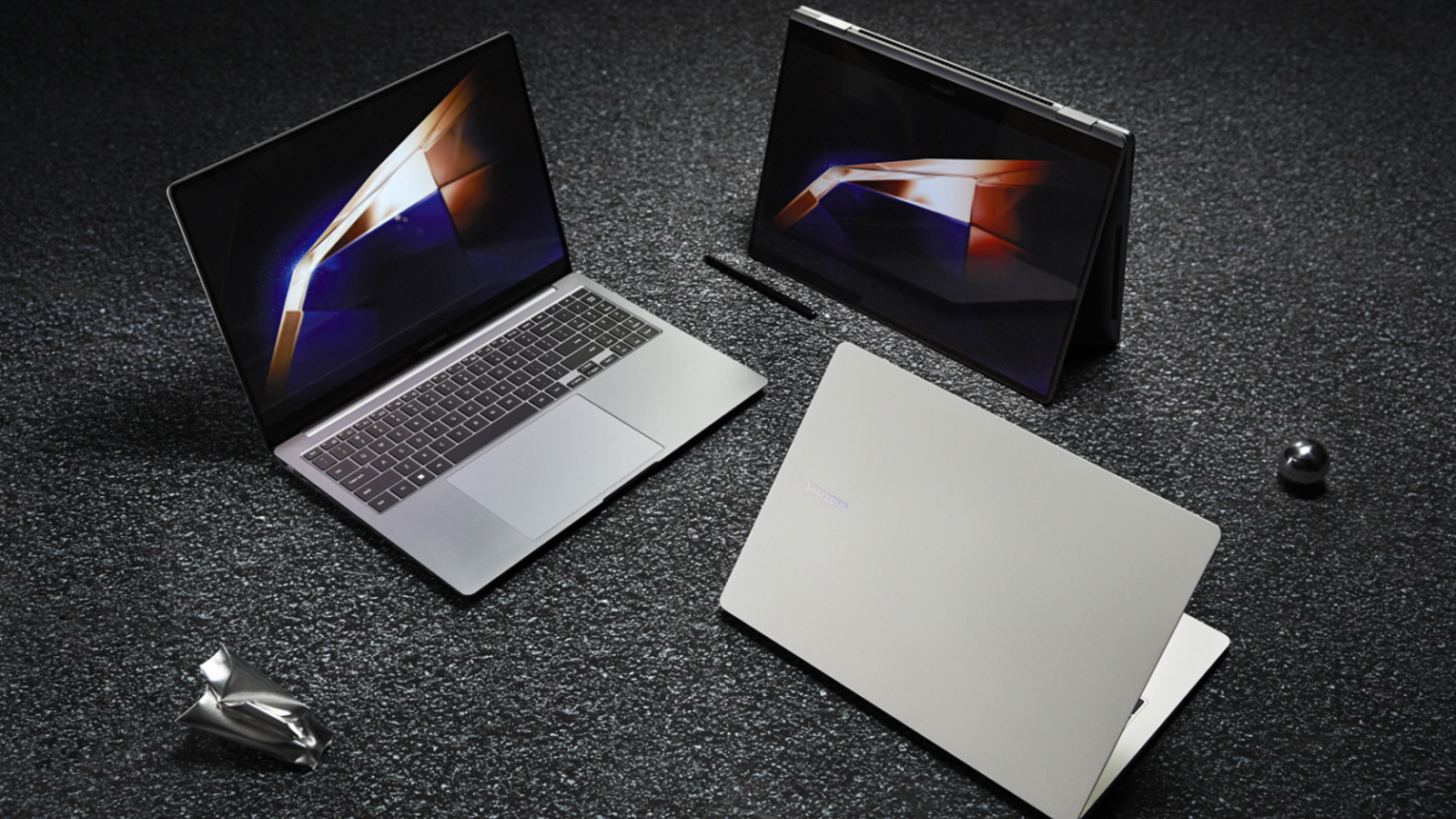
Intel just launched its new Intel Core Ultra series of premium chipsets, starting with the 14th-gen Meteor Lake processors – and that means manufacturers are rushing to push out brand new Windows laptops and desktops to take advantage. One of the first out of the gate this week was Samsung, with its Galaxy Book 4 ultrabook range.
The first three models it announced are the high-end Ultra, the versatile Pro (in both 14-inch and 16-inch configurations), and the Pro 360 with a display that can fold all the way back. We know that Intel's new chips have dedicated AI capabilities, which means faster responses for anything AI-related – whether that's voice recognition or image editing. Apple, it's over to you.
1. Google revealed our most popular searches of 2023

Okay, it wasn't the most important story of the week, but Google revealing the biggest web searches of 2023 was probably the most fascinating. Naturally, Google kept the results to fairly safe subjects like TV shows and music, but it also revealed the top song results from its 'hum to search' feature.
You can check out Google's Year in Search 2023 roundup for the full results, but there are no prizes for guessing that Barbie just edged out Oppenheimer in the movie category. We also spent an unhealthy amount of time this week delving into Google's Trends Time Capsule, which shows how our searches have changed over the past 25 years including in crucial areas like sauces (congratulations to Béchamel sauce for sneaking up into third place this year).

Mark is TechRadar's Senior news editor. Having worked in tech journalism for a ludicrous 17 years, Mark is now attempting to break the world record for the number of camera bags hoarded by one person. He was previously Cameras Editor at both TechRadar and Trusted Reviews, Acting editor on Stuff.tv, as well as Features editor and Reviews editor on Stuff magazine. As a freelancer, he's contributed to titles including The Sunday Times, FourFourTwo and Arena. And in a former life, he also won The Daily Telegraph's Young Sportswriter of the Year. But that was before he discovered the strange joys of getting up at 4am for a photo shoot in London's Square Mile.
- Timothy ColemanCameras editor
- Axel MetzPhones Editor